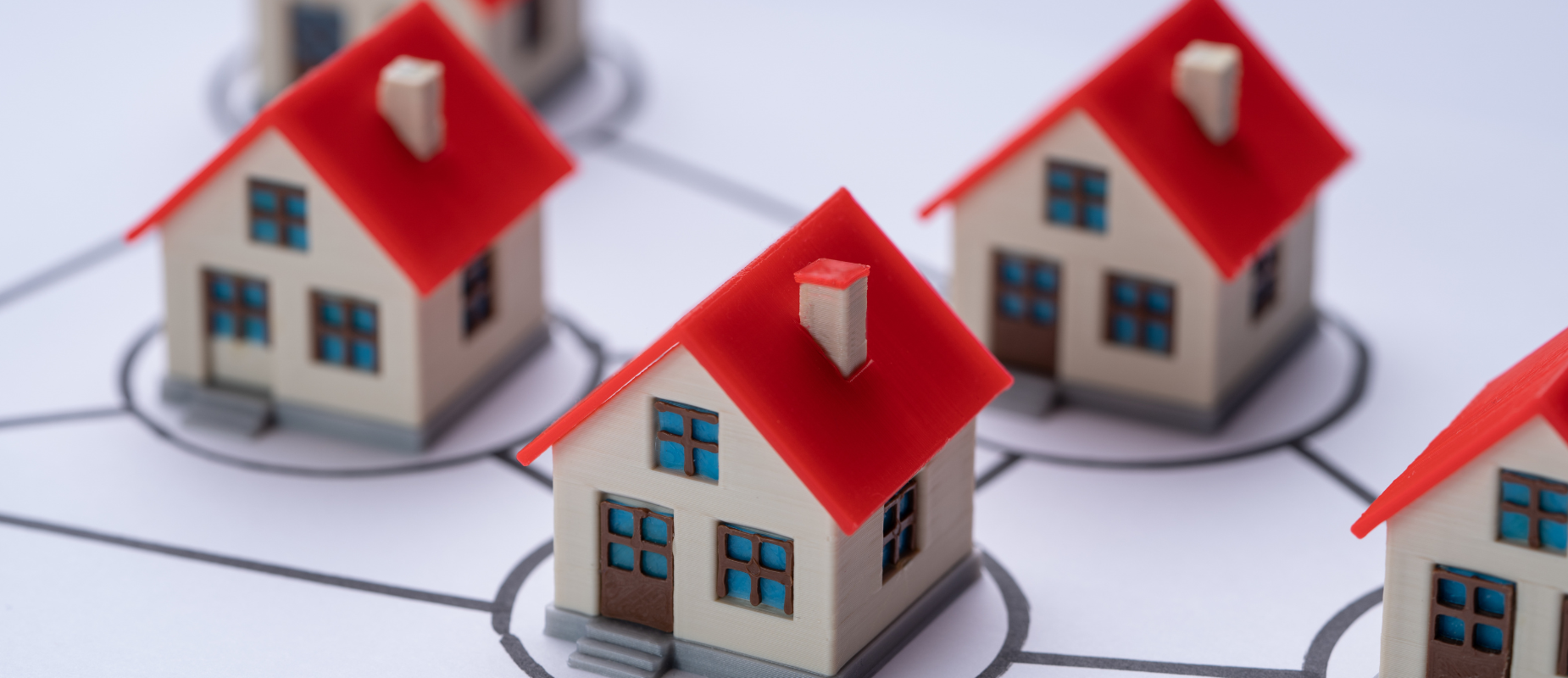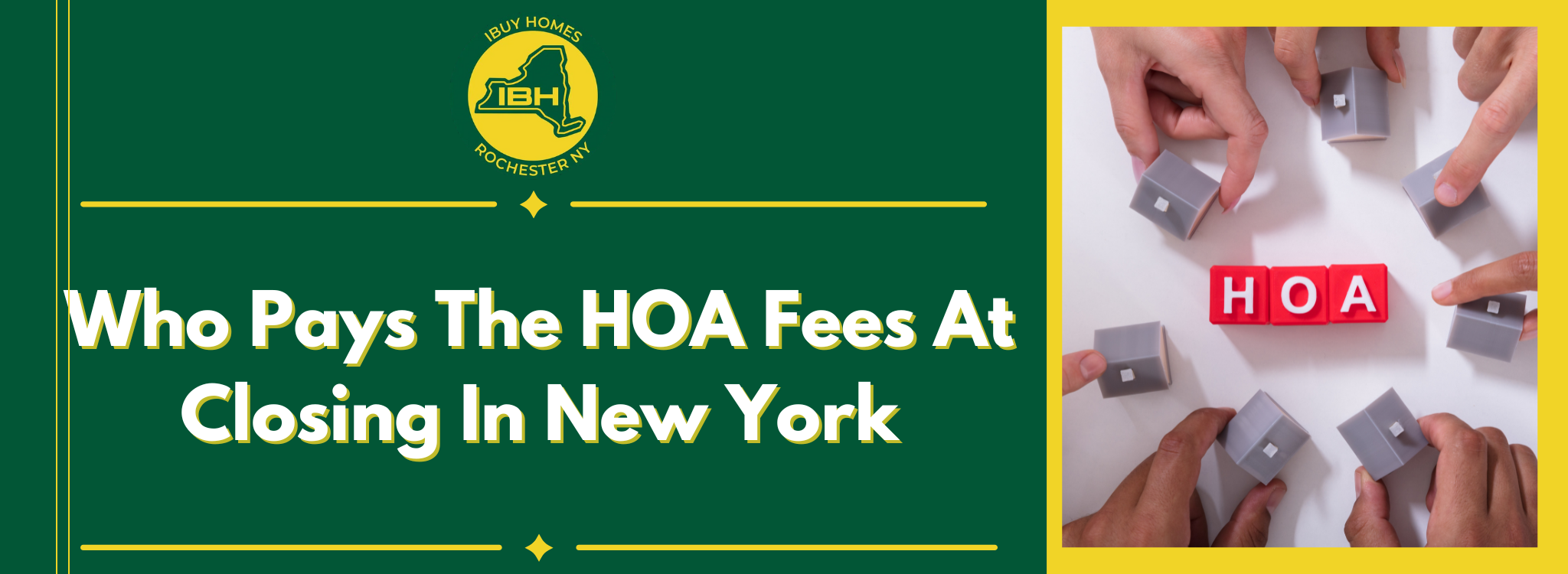
Guide to HOA Fees at Closing in New York
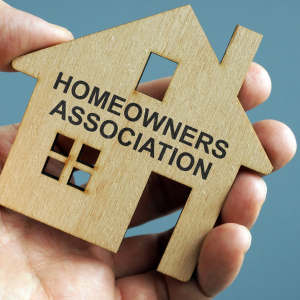
Why Are HOA Fees Important at Closing?
In New York real estate, understanding homeowner’s association (HOA) fees is important for buyers and sellers. These fees help maintain shared areas of a property, so they matter during closing. HOA fees can change the total closing costs, affecting the buyer’s budget and the seller’s net gain. Knowing who takes care of these fees makes the transaction smoother.
How Do HOA Fees Impact the Buyer and Seller?
HOA fees have a big effect on both parties in a real estate deal:
- Impact on Buyer: Buyers might need to pay for future HOA fees as part of their closing costs. They should know their responsibilities to avoid surprise expenses.
- Impact on Seller: Sellers may need to cover any unpaid HOA fees up until the closing date. This ensures all accounts are clear before the new owner takes over.
Knowing the division of responsibilities and how closing costs are split helps clarify what each party needs to do. Both the buyer’s responsibility for HOA dues and the seller’s obligations must be settled to keep disputes away.
Calculating HOA Fees for Closing
What Are Prorated HOA Fees?
Prorated HOA fees are calculated for the time when the property is sold. They make sure that both buyer and seller share condo association fees or any shared HOA costs fairly. These calculations usually look at the monthly dues and divide costs based on the ownership period within that month.
How Are HOA Fees Prorated at Closing in New York?
In New York, HOA fees are prorated during real estate transactions to correctly show who is financially responsible:
- Set the Proration Date: This is usually the closing date when ownership changes hands.
- Get an HOA Demand Letter: This document lists current dues, fees, and any pending amounts.
- Find Daily Rate: Divide the monthly HOA dues by the number of days in that month to get the daily rate.
- Use Proration Formula: Calculate the fees each party owes based on the number of days they own the property.
These steps make sure no one overpays or underpays their share of prepaid HOA dues. Adding these fees to the HOA closing statement prevents misunderstandings. If you need more help, contact professionals like I Buy Homes Rochesterny for expert advice on managing these financial details.
Resolving HOA Fee Disputes at Closing
What Common Issues Arise with HOA Fees?
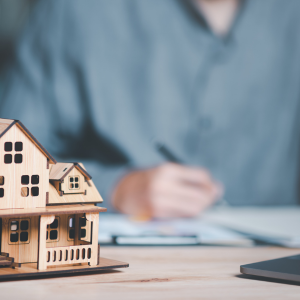
When closing on a property, several problems with Homeowners Association (HOA) fees can occur. Common issues include disagreements over who pays the closing costs and transfer fees. There might also be disputes about settling any unpaid HOA dues. These challenges can make real estate transactions difficult if not resolved properly.
How Can These Issues Be Addressed During Closing?
To handle these issues effectively during closing, clear communication between the buyer, seller, and HOA is key. Here are some steps to help:
- Review HOA Agreements: Both parties should carefully look at the HOA agreements to understand their responsibilities.
- Obtain an HOA Demand Letter: This letter shows any amounts or obligations owed to the HOA, providing clarity on debts.
- Negotiate Division of Closing Costs: The buyer and seller can decide how to split the closing costs, including the proration of HOA fees.
The Role of HOA Agreements in Closing
How Do HOA Covenants Affect Closing?
HOA covenants are important in the closing process. They set rules for the property and can impact the transaction. Important documents like the HOA estoppel certificate and the HOA closing statement provide information about the homeowner’s obligations. Understanding these documents is crucial for a smooth closing.
What Should Buyers Know About HOA Agreements?
Buyers need to know about HOA agreements to avoid surprises. Here’s what they should check:
- Review HOA Contracts: Buyers should examine all HOA contracts to understand any restrictions or obligations.
- Understand HOA Financial Disclosure: This document provides insights into the HOA’s financial health and any special assessments.
- Proration of HOA Fees: Buyers should confirm their responsibility for prorating HOA fees, making sure costs are fairly divided based on ownership time.
By addressing these factors, buyers can confidently move forward in their real estate transactions with I Buy Homes Rochesterny.
Transferring HOA Responsibilities During Closing
What Are HOA Transfer Procedures?

When property ownership changes during a real estate transaction, transferring HOA responsibilities is important. The property owner needs to make sure all necessary documents and fees are ready. This usually involves getting an HOA estoppel certificate and ensuring there is an HOA lien release. In places like New York, there might be an HOA transfer fee. These steps help ensure the transition goes smoothly and prevent any pending dues or legal issues with the homeowner’s association.
Who Handles the Transfer of HOA Fees?
The buyer, seller, and homeowner’s association usually handle the transfer of HOA fees. Title insurance helps verify that no dues are unpaid. Normally, the buyer’s responsibility includes knowing ongoing HOA fee obligations. The seller’s obligation is to clear any outstanding dues before closing. The division of closing costs, including HOA fees, should be clearly stated in the sales agreement to avoid disputes.
Financial Implications of HOA Fees at Closing
Are HOA Fees Negotiable During Closing?
During a real estate transaction, budgets can be tight, so negotiating fees is important. Although HOA fees are typically fixed, there might be room to negotiate depending on the financial situation of the buyer and seller. For example, seller concessions related to HOA fees can be discussed if it benefits both parties. Sharing HOA costs might also be possible to help both sides manage budget constraints.
What Costs Should Buyers and Sellers Expect?
In New York, buyers and sellers should be ready for various closing costs. Buyers will face payments like the proration of HOA fees and typical HOA costs in NYC. Sellers need to think about their share of closing fees and any immediate payments needed before transferring ownership. Both parties should review New York real estate closing costs to budget and plan effectively.
HOA Documentation Requirements for Closing
What Documents Are Needed for HOA Fee Settlement?
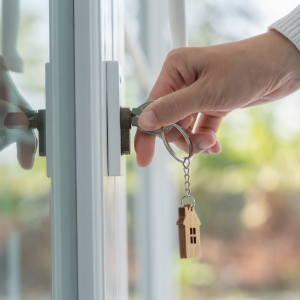
When closing on a property in a homeowners association (HOA), several important documents are needed:
- HOA Estoppel Certificate: This document shows any outstanding HOA fees, pending payments, or delinquencies tied to the property.
- HOA Closing Statement: Details the financial transactions related to the HOA during the sale, including real estate transaction fees.
- HOA Financial Disclosure: Offers a clear picture of the association’s financial health for buyer transparency.
- Association Rules and Regulations: Buyers should review these rules to understand any obligations or restrictions.
These documents help make sure the fee settlement is accurate and follows condominium association rules.
How Can Buyers Ensure All HOA Fees are Accounted For?
To avoid unexpected costs, buyers should follow these steps:
- Review the Budget and Proration of HOA Fees: Understand how fees are calculated and distributed throughout the year.
- Check HOA Contracts: Make sure all terms about payments and obligations are clear and agreed upon.
- Use a Checklist: Create a checklist to track all required payments and documents, so nothing is missed.
- Consider Mortgage Escrow Accounts NY: These accounts can help manage payment schedules and keep fee settlements on time.
Understanding the complete landscape of HOA fees leads to better financial planning and compliance.
Legal Considerations for HOA Fees at Closing
What Legal Obligations Exist for HOA Fees?
In New York, legal responsibilities for HOA fees during the closing process include:
- Understanding Real Estate Law: Know your responsibilities for fee payments and any contractual obligations to prevent future disputes.
- HOA Lien Release: Make sure there are no liens from the HOA on the property, as they can delay or complicate the closing.
- Homeowner’s Association Rules: Follow these rules to avoid legal troubles and maintain the property’s status within the community.
Buyers should know their roles to keep compliance and avoid potential liabilities with their new property.
How Can Legal Issues Be Avoided at Closing?
To reduce legal complications during closing:
- Clarify Closing Cost Responsibilities: Determine who is responsible for specific costs related to HOA fees.
- Acquire Title Insurance: Protects against claims or legal disputes over the property’s ownership.
- Trust and Compliance: Work with a reliable real estate professional to make sure all paperwork complies with New York laws.
- Avoid Foreclosure Auctions: Stay informed about any legal issues that could lead to foreclosure.
Following these steps will help in managing the complexities of New York real estate closing costs. For more help, consider reaching out to I Buy Homes Rochesterny.
Effective Communication with HOAs Before Closing
How to Communicate with HOAs About Outstanding Fees?
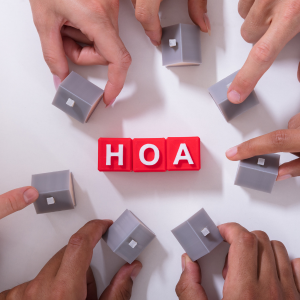
Before closing on a property in New York, talk to the homeowner’s association (HOA) about any outstanding fees. Follow these steps for clear communication:
- Contact the HOA Early: Reach out to the HOA early to find out about any unpaid dues or fines that could impact the sale.
- Request an HOA Demand Letter: This document shows any outstanding fees and helps avoid surprises at closing.
- Negotiate Settlements: Work with the seller and HOA to settle any debts. Clear communication can help decide who is responsible for what.
Keeping open dialogue with the HOA will make the closing process smoother and help prevent delays.
What Questions Should You Ask Your HOA Regarding Closing?
Before buying a property, ask your HOA these questions:
- Is there a current HOA fee schedule?
- What information does the HOA estoppel certificate provide about dues and agreements?
- Are there upcoming changes to hoa agreements that might affect costs?
- Who pays for fees at closing?
These questions will clarify your financial responsibilities and help you avoid unexpected charges when you buy your new home.
Future HOA Fees: Planning Ahead Post-Closing
How Can Homeowners Budget for Future HOA Fees?
Once you’ve closed, it’s important to manage your budget for HOA fees. Try these tips:
- Review the HOA Financial Disclosure: This will give you an idea of future expenses and assessments.
- Conduct a Budget Assessment: Include HOA monthly dues in your budget along with other costs like your mortgage and utilities.
- Prepare for Adjustments: Fees may go up due to inflation or more maintenance needs. Save some money each month to cover these potential increases.
Planning ahead helps prevent money problems and ensures you can meet all HOA payments comfortably.
What Are Your Options if HOA Fees Increase After Closing?
If your HOA fees increase after closing, consider these options:
- Negotiate with the HOA: Talk about why fees have increased and see if there are different payment plans.
- Review Your Contract: Check if the increase follows the original HOA agreements.
- Consult Real Estate Experts: Get advice from professionals familiar with New York real estate law to explore your options or negotiation strategies.
Handling these issues quickly will help manage costs and keep a good relationship with your homeowner’s association.
FAQs:
Who is responsible for paying HOA fees at closing in New York City?
The responsibility for paying HOA fees at closing is usually decided between the buyer and seller. Often, the seller pays the fees up to the closing date, and the buyer takes over from there.
What are typical HOA costs in NYC for townhomes and condos?
HOA fees in NYC vary based on location, property type (such as townhomes or condos), and the services offered. It’s important to research different communities to know the usual cost range.
Can HOA payments affect my condo’s closing costs in New York?
Yes, they can. HOA fees are part of the closing costs and may include advance payments or credits, depending on the agreement. Talk to your real estate professional or broker about this.
How do New York property taxes and HOA dues impact homebuying budgets?
Property taxes and HOA dues are ongoing expenses that affect your budget. Knowing these costs can help you plan better when buying a home. Compare costs in different areas before deciding.
Are sellers ever required to assist with HOA fees in NY?
Sellers sometimes offer to pay part of the HOA fees to attract buyers, but it’s not a requirement. This can be a good negotiation point in a competitive market.
What other closing costs should first-time homebuyers in NYC expect?
Besides HOA fees, buyers should be ready for costs like title insurance, escrow fees, real estate professionalcommissions, and prepaid taxes. These can add up to the total amount needed at closing.
How do HOA fees differ between co-ops and condos in New York?
Co-op fees often cover more services and shared expenses compared to condo fees. It’s important to review the association documents to understand what’s included.
What factors influence the price of HOA fees in New York?
Several things can affect HOA fees, like property size, amenities, and community services. Areas with high demand might have higher fees due to benefits like security, recreational facilities, and maintenance services.
Key Insights
- In New York, who pays for HOA fees at closing can be negotiated. The buyer or seller might cover these costs.
- Knowing the typical HOA fees in NYC and New York helps both buyers and sellers plan real estate deals better.
- First-time homebuyers in NYC should know about possible residential closing costs and how HOA fee allocation affects their total expenses.
- Sellers might help with HOA fees to make their offer more appealing to buyers.
- It’s important to understand prepaid HOA dues and see if a credit at closing might benefit you, based on your contract.
- Trends in the New York housing market affect condo fees and other costs, so careful financial planning is important.
- Mortgage escrow accounts in NY may include New York property taxes and title insurance costs.
- Real estate deals in New York often have broker fees, which need to be added to your total costs.
- When buying property, knowing both buyer’s guide insights and detailed closing costs breakdowns helps you make smart choices.
This information applies to New York and its cities like Rochester, Greece, Hilton, and more. For help or questions, call us at (585) 940-2447. You can also visit our website at I Buy Homes Rochester for more details.
Additional Resources For New York Sellers

